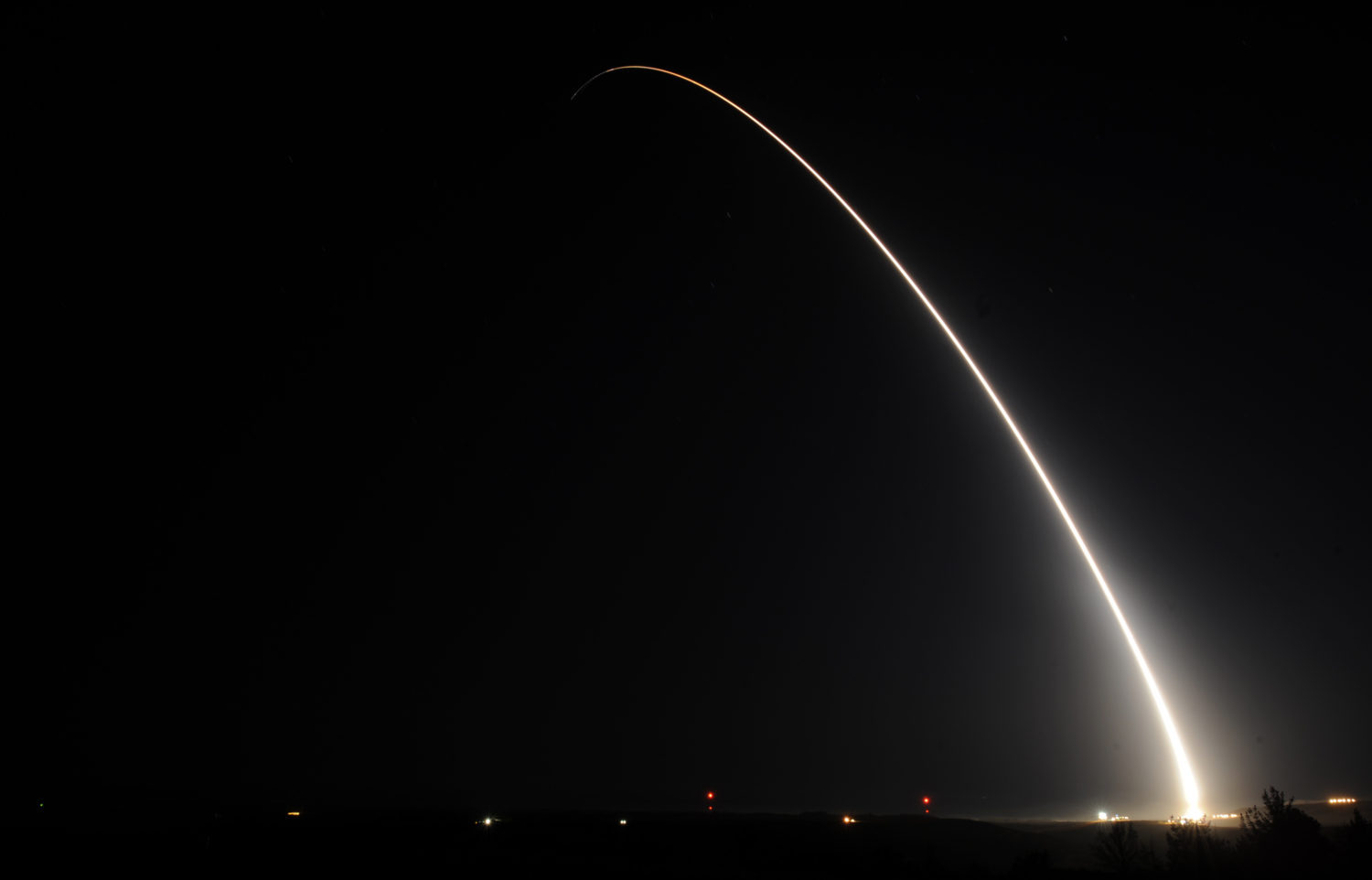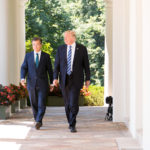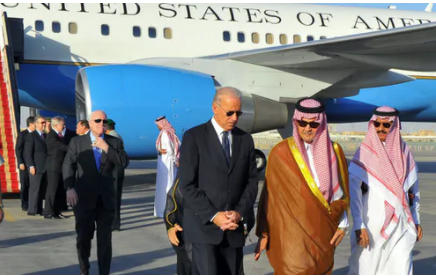As North Korea continues its inclined path of weapons testing, both conventional and unconventional, the world’s reaction has been sensitive. All the while, Donald Trump and Kim Jong Un have carried on with their precarious game of brinkmanship and saber-rattling, throwing around names like “dotard” and “Rocket Man.” Both men have not been afraid to flex their muscles either, with North Korea continuing to shoot missiles over Japan and US bombers flying near North Korea airspace.
Much has been written about North Korean ICBMs and whether they are game changers. Despite the missiles’ undeniable guarantees of destruction, many have argued that the ICBMs do not, in fact, constitute a game changer for several reasons. For one, the missile threat is not anything new, and there is a missile defense system in place, which will continue to be adapted specifically to counter North Korean missiles. Simply put, North Korea would be introducing an old weapon to the strategic equation. There is, additionally, no evidence proving North Korea has the ability to both launch a missile towards the continental United States, and guide it to a specific target. Much more lethal and advanced versions of the same weapon have stared down the United States and its allies in the past. More importantly, the North Korean regime, like all regimes, wants to safeguard its survival above all else. An offensive usage of its nuclear arsenal via ICBMs runs directly against its survival interests.
Strategically, the missiles are also not game changers. The United States and its allies should not treat them as such either, as doing so is counterproductive to their efforts. Admitting, or even hinting that the missiles are game changers may convince North Korea that it is, in fact, capable of deterring the United States, which would only embolden Pyongyang to continue down the path of weapons development and brinkmanship. In another respect, putting so much emphasis on a particular weapon, in this case the ICBM, may give the false impression that the allies are either unaware or tolerant of North Korean weapons development outside of ICBMs. This is simply false. The United States and its allies have been, and will continue to be, concerned with conventional capabilities such as shorter ranged missiles and artillery aimed at Japan and South Korea respectively. More significantly, any hint of these missiles “changing the game,” suggests to US allies that its commitment wavers once the homeland is under threat. This is a real concern for South Korea and Japan, the exact phenomenon North Korea wants: distance, distrust, and uncertainty among the United States and its allies.
North Korea is a hot-button issue in South Korea. Missiles add more layers of disagreement and politicking to a contentious topic that has already caused considerable division and disagreement. North Korea is the defining and dividing political issue; there is no South Korean politics without North Korea and the myriad of problems it poses. Over the past few years, the THAAD deployment issue has caused political disagreements that often spiraled out of control and resulted in no meaningful, effective policy decisions by both the Park and Moon administrations.
North Korea has proven itself to be an untamable beast. The problem worsens when we consider the relative powerlessness of South Korea on the North Korean issue. For instance, when North Korea conducted its sixth nuclear test, further discussions on the need for THAAD became taboo, a surefire path towards political suicide. The more these weapon systems and variables are added to the political situation, the more the South Korean government is forced into poorly deliberated decisions. Every time a missile is fired, or a nuclear weapon tested, the South Korean government faces the dilemma between preserving the nation by staying calm, and taking part in the hysteria and overreaction of its allies. On one side, the government needs time to weigh its options and their long-term effects; on the other hand, the people expect a quick reaction. When men like Abe or Trump take the lead in setting the tone and collective response of the allies, the dilemma deepens.
Perception and appearance matter in politics, and they especially matter in bitter, divisive issues. North Korea wins this game by not losing and just simply existing. The missiles never even have to be used for North Korea to achieve its goals. In fact, the missiles may not even need to be operationally proven for North Korea to have its way. By continuously driving a wedge between South Korea and the United States, North Korea approaches its endgame of breaking an alliance that has weathered decades of turbulence. The appearance of ICBM missiles, and the South Korean public’s perception of the alliance may not matter now, but they will matter if politicians and the media continue to sensationalize and overplay the missile card in the future.
Politicians’ and media’s overestimation of the tactical or strategic importance of missiles will lead to further restrictions on policy options left available, especially for South Korea. The nation has to both survive physically, and justify its decisions to an already opinionated, politicized domestic population while also saving face with allies. Achieving the first goal is difficult enough; achieving all three is like hitting a moving target with both hands tied behind the back.
Analyses that conclude North Korean ICBMs are not strategic game changers are correct. ICBMs are not novel systems, and their actual capabilities fall short of starting a surprise nuclear attack against the United States. Kim Jong Un and the regime would not be serving their interests if they were to actually use their missiles or nuclear weapons. However, focusing solely on the missiles’ strategic worth addresses only half the problems posed by the missiles. As the Cold War demonstrates, these weapons do not have to be used to serve their functions.
A single missile test may not make a difference, but a series of them will influence South Korean public opinion, which will force the government to respond by reformulating its North Korean policy. In this sense, ICBMs are a domestic politics game changer due to their visibility, and their connotations of destruction and fear. Furthermore, the ICBM meme and the media’s obsession with the missiles continue to give the initiative to North Korea, just like the nuclear program has. The allies have played solid defense against North Korea so far, but when the stakes are this high, playing from behind is an unreliable long-term strategy. Despite South Korea’s shared interests with its allies, especially the United States, North Korea’s ICBMs affect each ally differently. Present and future South Korean leaders, starting with President Moon Jae-in, must recognize and mitigate the unique problems posed by ICBMs to their homeland despite frenzy in their foreign allies and the media.
- Defining Denuclearization - April 24, 2018
- Hold the Horses of Optimism: Donald Trump-Kim Jong Un Summit - March 15, 2018
- China-South Korea THAAD Rapprochement: Winners and Losers - February 8, 2018






